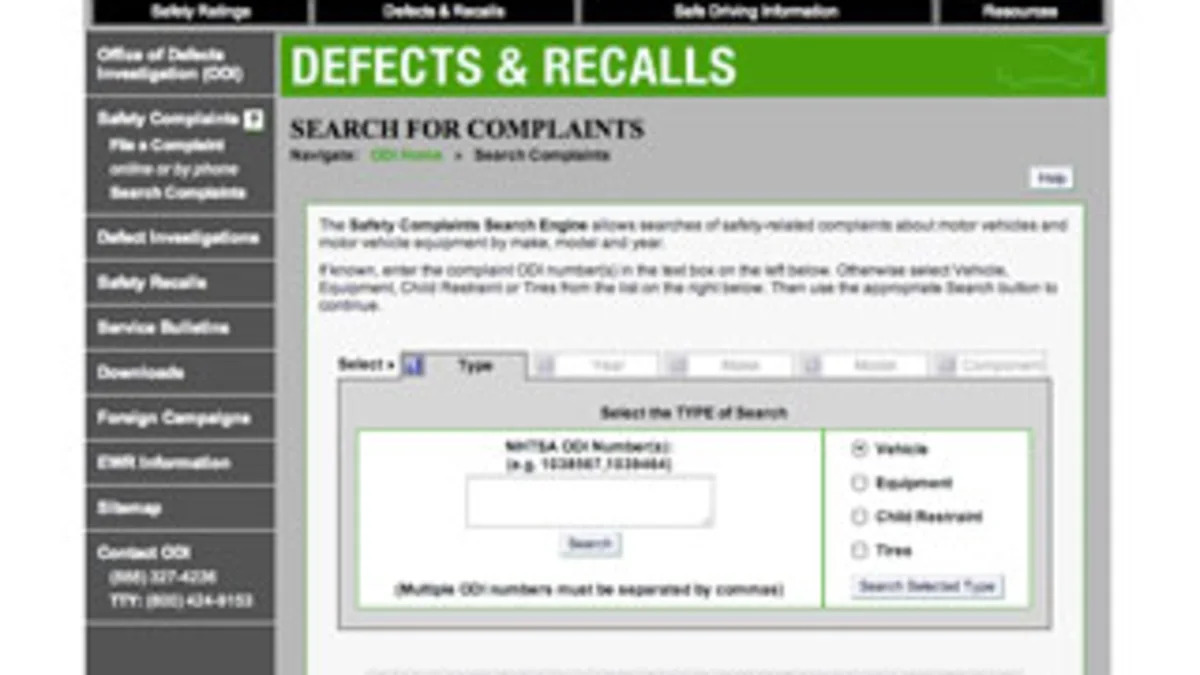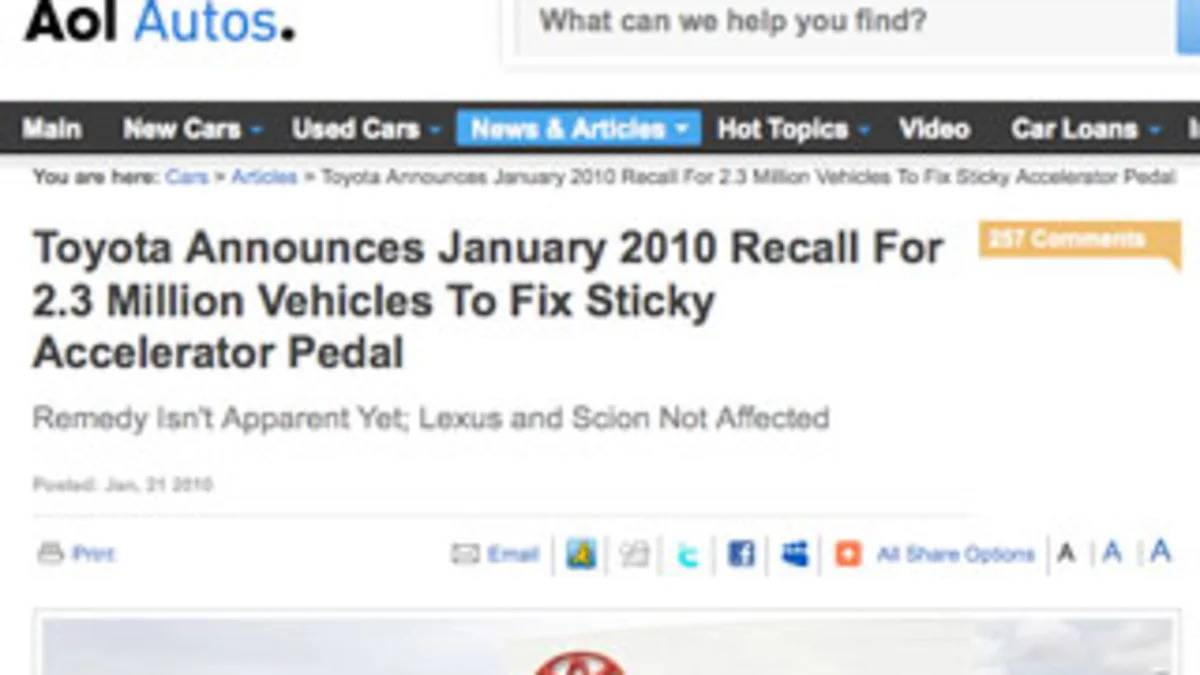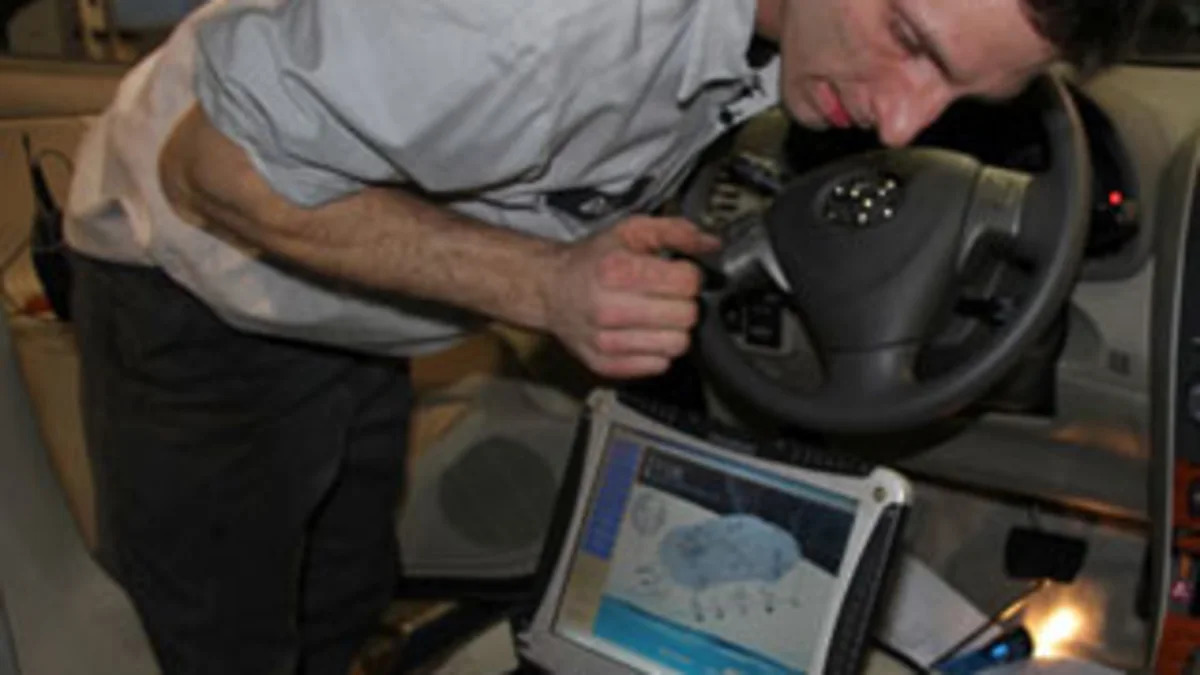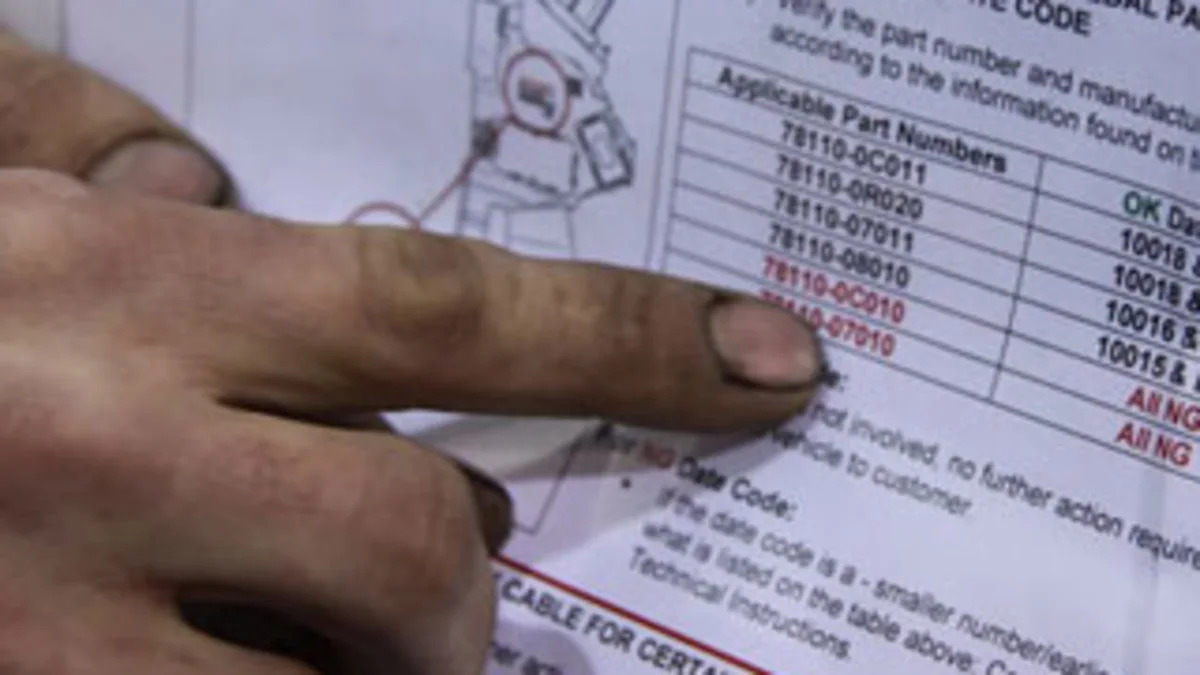How Automotive Recalls Work
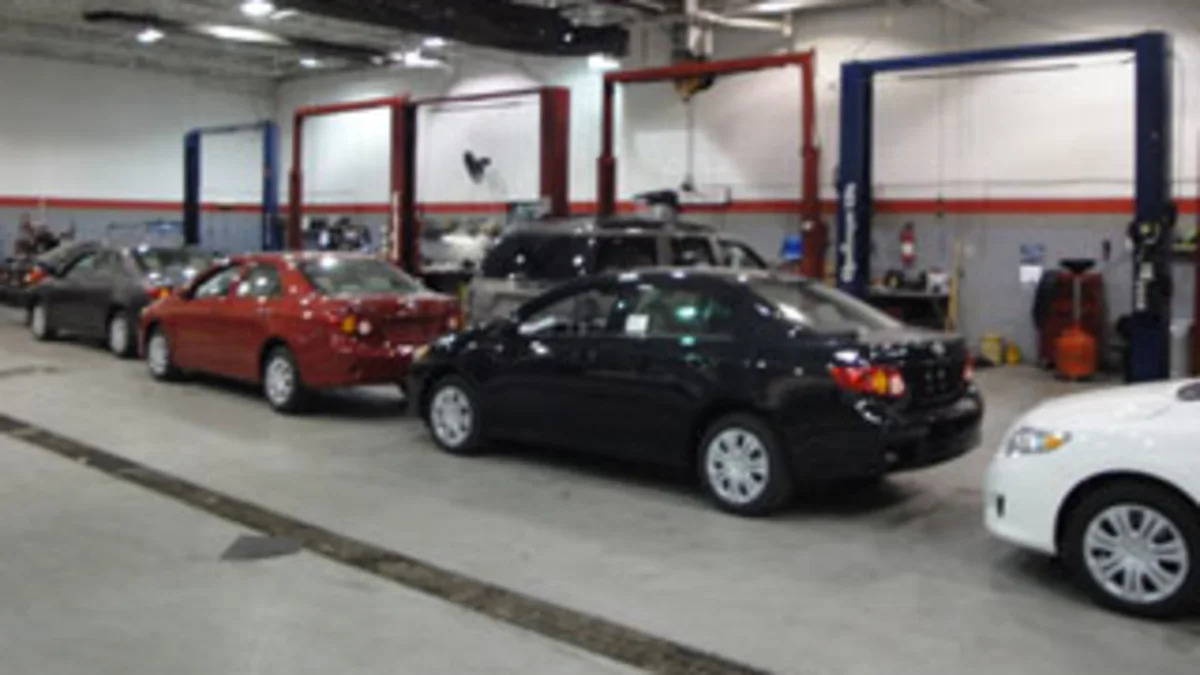
-

- Image Credit: Sam Abuelsamid, Autoblog
Introduction
Perhaps like before, automotive recalls are as hot a topic in this country as the apology of Tiger Woods. In fact, the analogy might not be too far removed: while we loathe those who cross us, we can't help but forgive those who have truthfully begged for mercy.
Recalls are not something taken lightly by manufacturers or the Department of Transportation, mind you. They are fully researched over the course of a long period of time (which is why a lot of consumers question why recalls don't happen until tens or hundreds of complaints are filed).
We've put together this guide to show you how the process works and how you might submit a complaint if you have an issue with your vehicle.
-
- Image Credit: NHTSA
Complaints
Other than a manufacturer catching a problem on their own, 99% of the time a defect in an automobile is reported by an owner (or multiple owners).
Car owners who encounter problems believed to be due to some inherent flaw in their cars should, and often do, report issues to the National Highway Traffic Safety Administration. You can visit NHTSA's Office of Defects Investigation by visiting their website http://www-odi.nhtsa.dot.gov/, or register complaints via telephone by calling 888-Dash-2-Dot.
-
- Image Credit: GM
Investigation Phase 1: Preliminary Evaluation
Once the complaints reach a critical mass, NHTSA takes the first step toward an investigation. A Preliminary Evaluation is launched after consumer complaints reach a critical mass to cause concern. The hard part is that critical mass is tough to define -- sometimes a few serious complaints can trigger an investigation, while other times they can pile up into the dozens or hundreds.
Safety problems that could cause loss of control or fires are of special interest to the agency. The findings determined by the Preliminary Evaluation determine whether further steps are warranted, or if the issue can be closed. Consumers can also petition NHTSA to open investigations, and will result in either an investigation, or a published statement outlining the reasons for denial of the petition. The ODI has a database of investigations on its website, as well as monthly reports of ongoing work.
-
Recall
This is the official step: Cars are called home for fault repairs. Automakers often initiate the action, although the ODI may occasionally have to force the issue and call a recall itself. While a recall campaign must be honored and carried out so long as the vehicle is viable, anything past 8 years of age is not eligible to be recalled.
-
- Image Credit: Sam Abuelsamid, Autoblog
Repair
The Official Safety Recall Notice will direct vehicle owners about what to do, which usually means a trip to a dealer for corrective action.
Most often, fixes are simple and carried out with revised parts or an adjustment. If the problem is too big, the automaker may replace your entire car for one without the problem, or give you a refund, though that's rare. While it's uncommon for owners to pay for recall repairs, automakers don't usually reimburse consumers for any damage or accidents that happened before the announcement of the recall.
-
- Image Credit: Sam Abuelsamid, Autoblog
Stipulations
Even though cars older than eight years cannot be recalled, by the time it ages out, a vehicle is often on its second or third owners. Those subsequent buyers may not know whether a vehicle has been back for any recalls issued. Luckily, recalls are forever, and the information about a particular car's recall history is often stored by the manufacturer and linked by VIN (vehicle identification number). Owner's manuals may also be stamped to denote a campaign-related fix. The fact that recalls are good for the life of the vehicle is enough reason to contact your dealer if you buy a (new) used car, even if it's quite old.
Further information about recalls can be found by visiting NHTSA's website.
